NASA's Mars 'Mole' Probe Bites the Dust - The Atlantic

Troy Hudson didn't want to think about Mars. It was Christmas, he had taken some time off, and this planet had enough going on at the end of 2020. But Mars was difficult to escape, he told me. It twirled in a mobile of the solar system in his home. It sat right there on his skin, tattooed on his arm, below the elbow. Hudson had spent more than a decade working on a robot that was currently parked on the surface of Mars, and NASA was about to decide whether to give up on it.
Not to change the topic here:
NASA may change MRO orbit to support Mars 2020 - SpaceNews
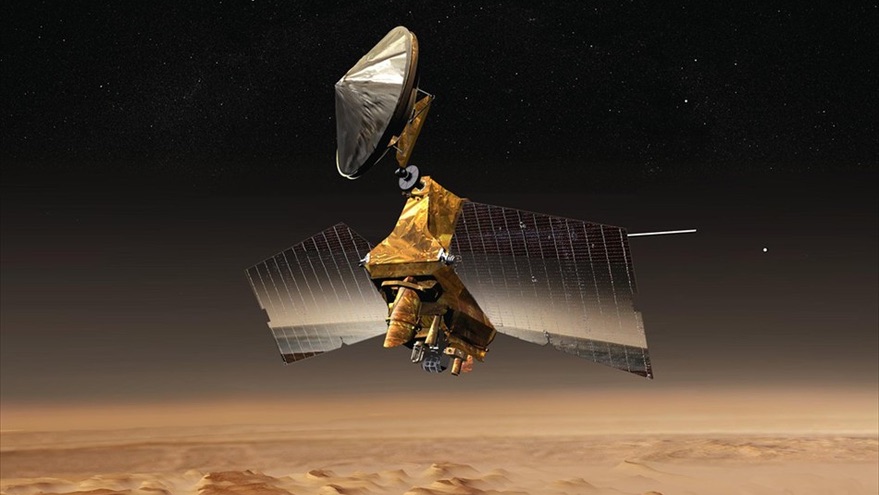
WASHINGTON — NASA is considering changing the orbit of one of its oldest Mars spacecraft, a move intended to support the Mars 2020 mission after landing but which could affect both its science and support of other missions.
NASA launched the Mars Reconnaissance Orbiter (MRO) in 2005 with a suite of six science instruments, including a high-resolution camera. The spacecraft has increasingly been used as a communications relay, supporting spacecraft on the surface of Mars.
NASA's MAVEN Continues to Advance Mars Science and Telecommunications Relay Efforts – NASA's Mars
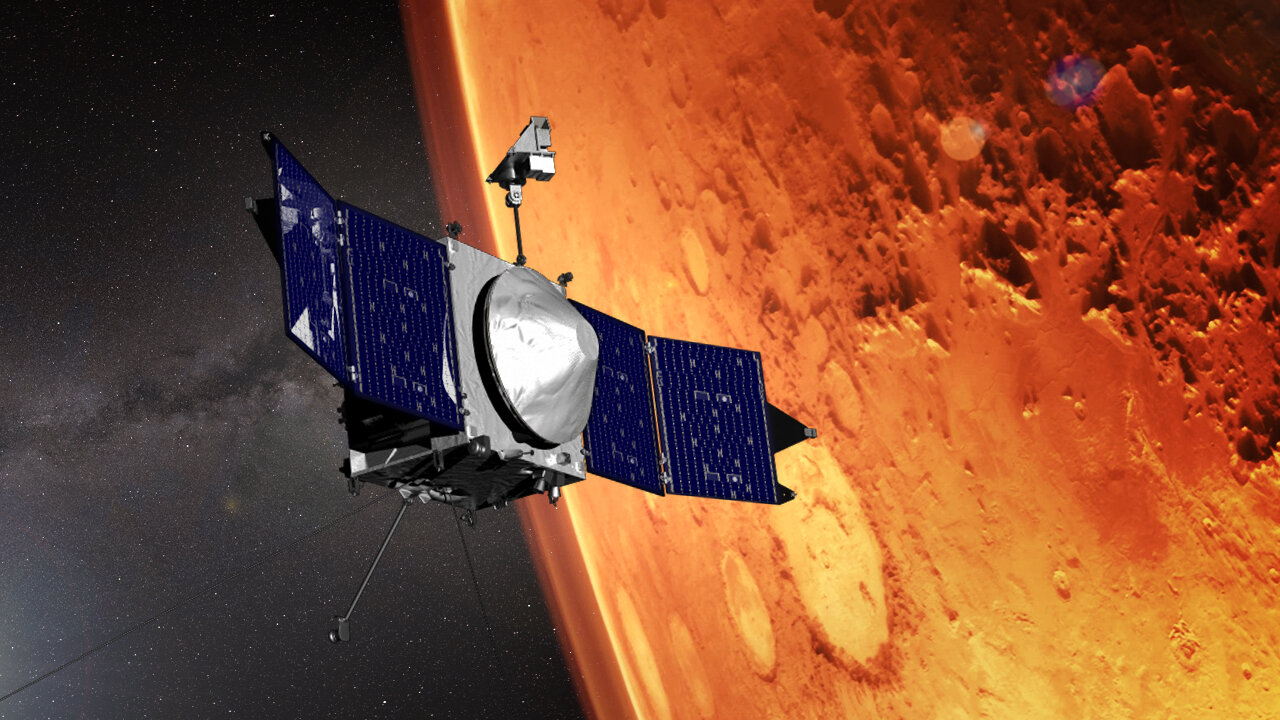
With a suite of new national and international spacecraft primed to explore the Red Planet after their arrival next month, NASA’s MAVEN mission is ready to provide support and continue its study of the Martian atmosphere.
MAVEN launched in November 2013 and entered the Martian atmosphere roughly a year later. Since that time, MAVEN has made fundamental contributions to understanding the history of the Martian atmosphere and climate. A few science highlights include:
Mineral often found on Mars discovered deep in Antarctic ice

The researchers suggest the mineral formed in ice pockets that also held small amounts of dust. Under the ice, they had eroded, the researchers noted. The finding brought to mind another site where jarosite is found—the surface of Mars. It was found there by the Opportunity rover back in 2004 and has been found to be abundant. Finding jarosite on Mars created a lot of excitement at NASA and around the world, because prior research had shown that water must be present for jarosite formation.
Check out this next:
Comparing sound on Earth and Mars | weareiowa.com
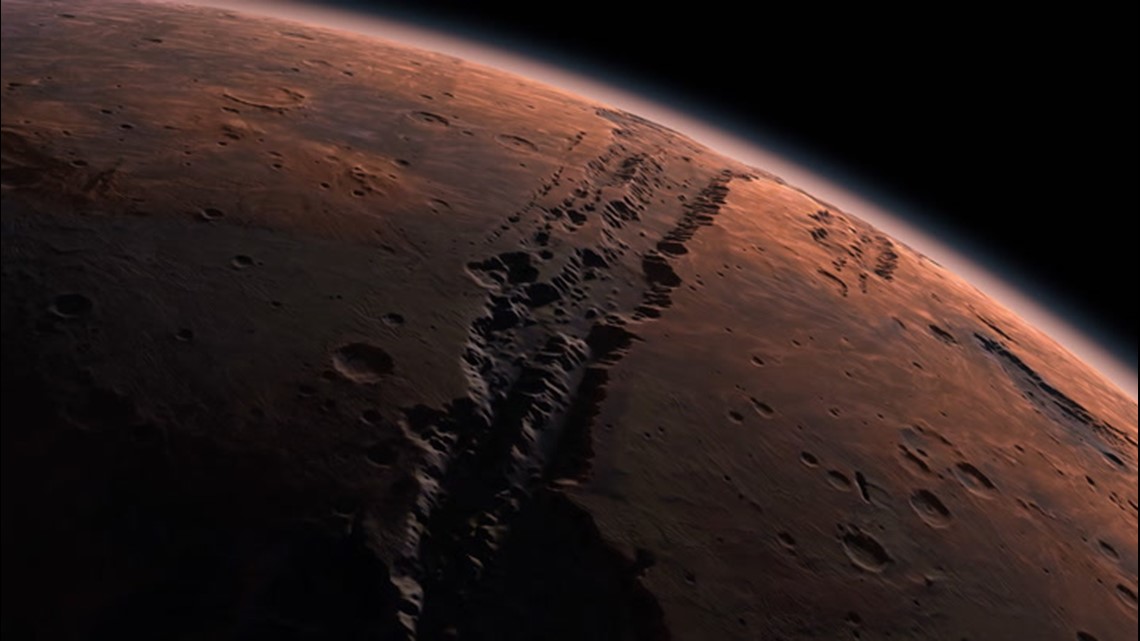
Mission to Mars Student Challenge - NASA Jet Propulsion Laboratory
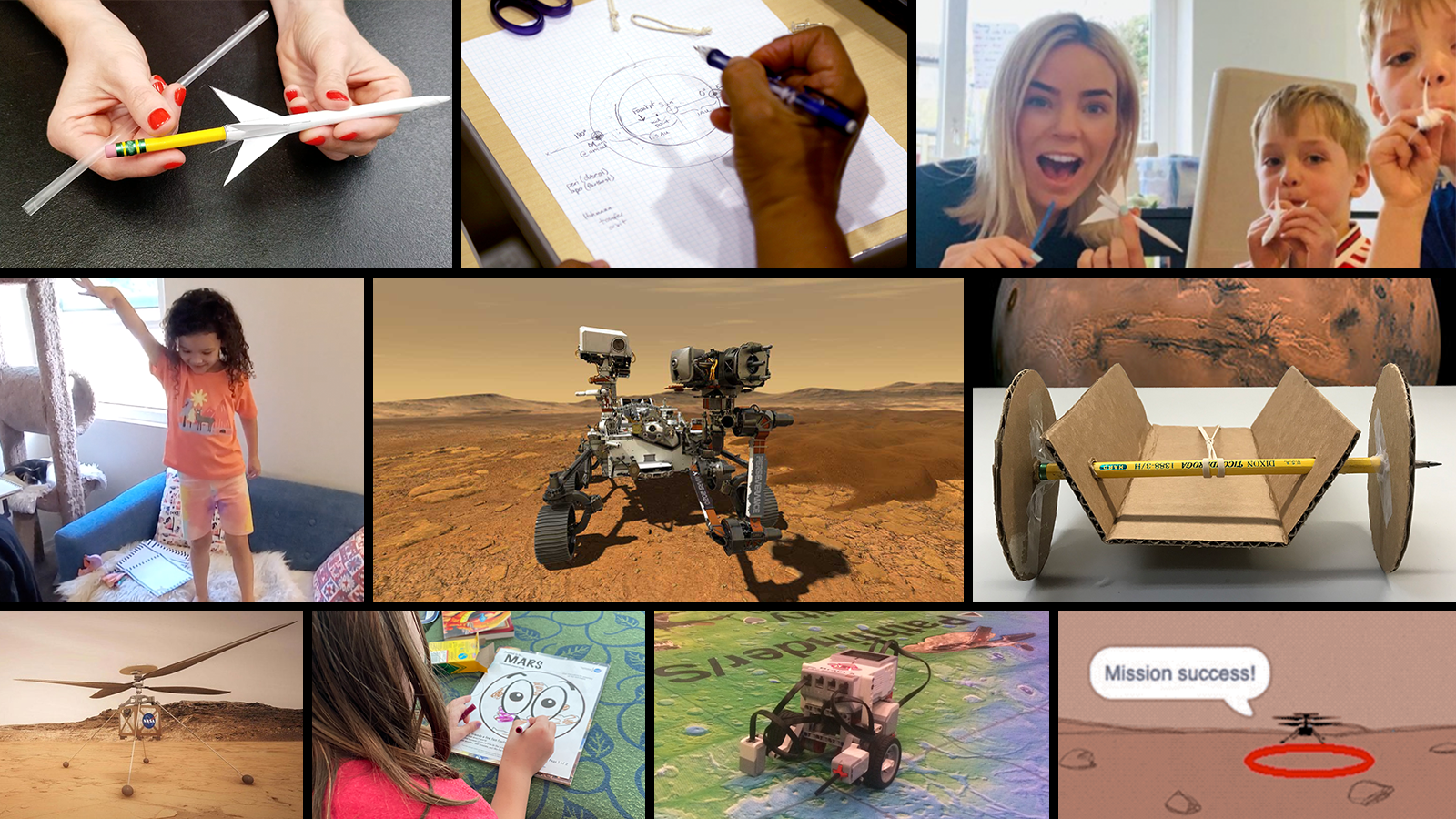
Solis Dorsum, Mars – ExoMars Orbiter's 20,000th Image
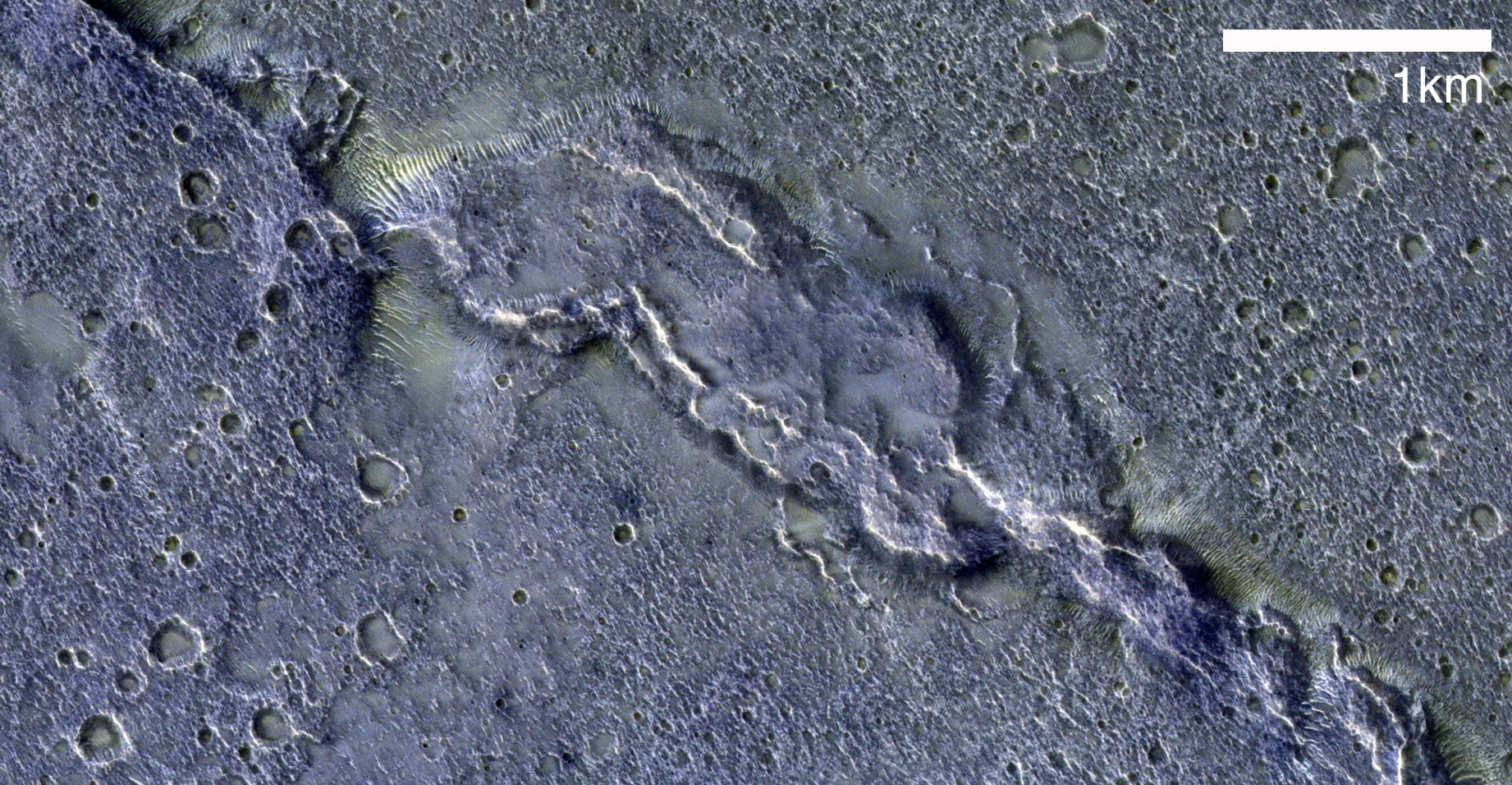
The image, taken on December 13, 2020, features Solis Dorsum, a segment of a prominent wrinkle ridge system in a vast volcanic plateau, known as Tharsis. Wrinkle ridges are tectonic features that form in layered basalt lavas due to loading and flexure of the planet’s crust and upper mantle. These tectonic stresses are caused by the planet’s interior cooling and subsequent contraction.
The study of wrinkle ridges, and in particular their distribution and orientation, can reveal details of the complex and dynamic geological history of Mars.
Comments
Post a Comment